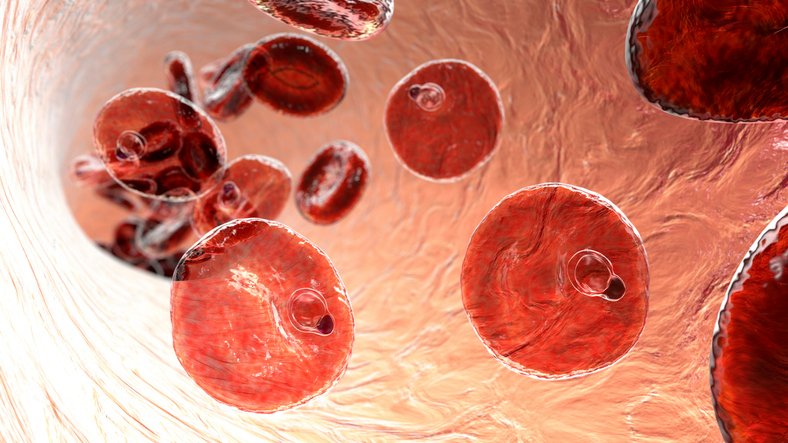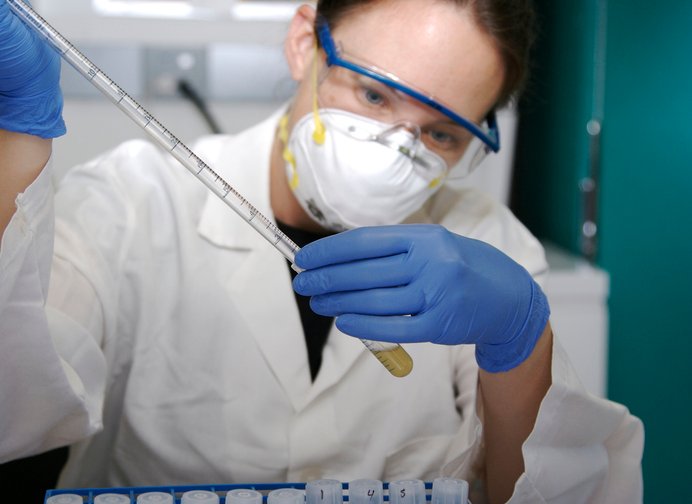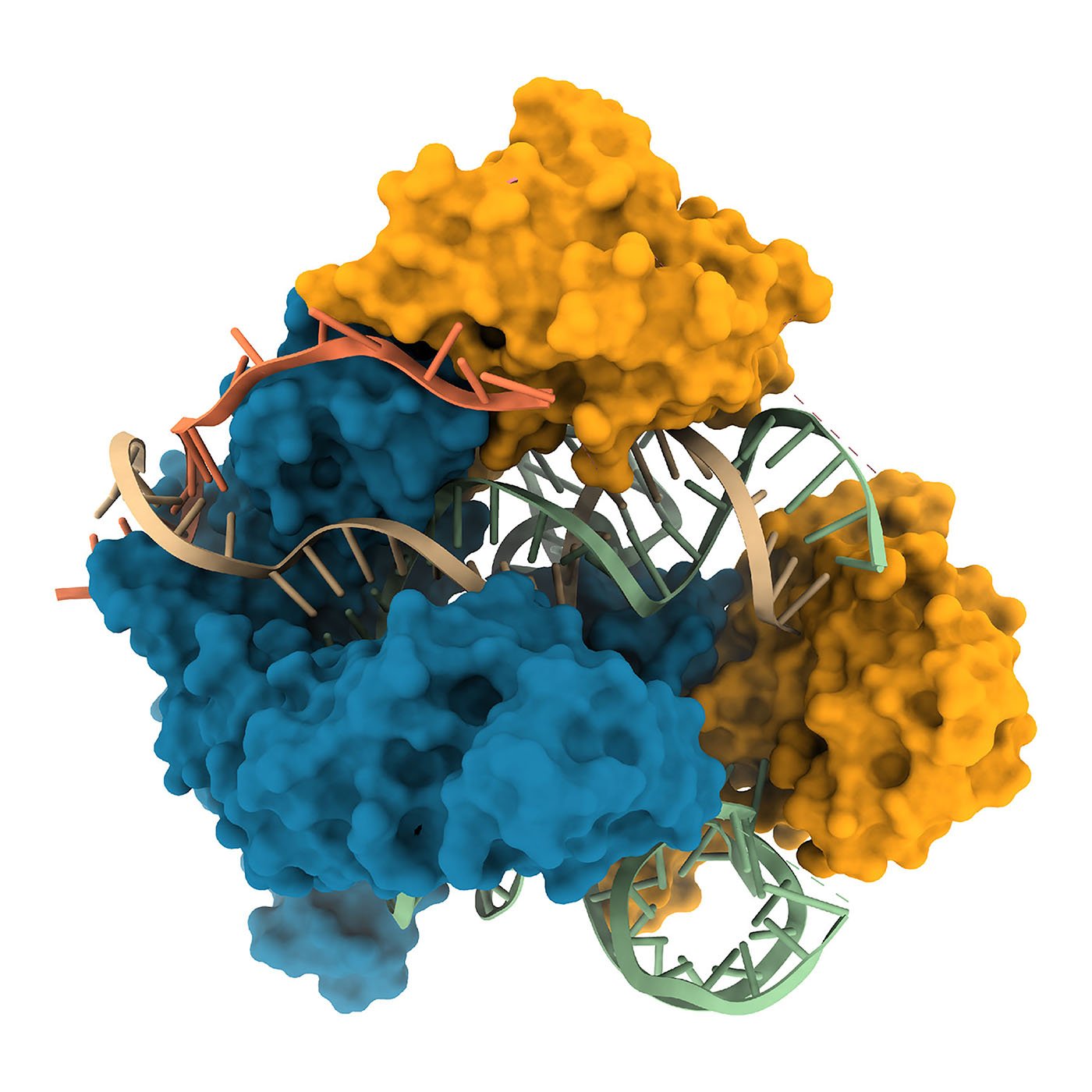Despite the headlines a few years ago, ivermectin is not an effective treatment for COVID-19. However, the broad-spectrum antiparasitic drug is well known to show effectiveness against endoparasites and ectoparasites. Indeed, it is used to reduce the transmission of, and treat, onchocerciasis (which causes river blindness) and lymphatic filariasis (which causes elephantiasis).
With malaria control and elimination under threat by the spread of insecticide resistance and the behavioral adaptation of mosquitoes, a new study sought to test whether mass administration of ivermectin, which kills mosquitoes feeding on treated persons, could reduce malaria transmission. To do this, they conducted a cluster-randomized trial in Kwale, Kenya.
The study found that transmission was significantly reduced when ivermectin was administered to the population. The Broad One Health Endectocide-Based Malaria Intervention in Africa (BOHEMIA) trial—the largest study on ivermectin for malaria to date—showed a 26% reduction in new malaria infection on top of existing bed nets, providing strong evidence of ivermectin’s potential as a complementary tool in malaria control.
This work is published in The New England Journal of Medicine in the paper, “Ivermectin to Control Malaria—A Cluster-Randomized Trial.”
Malaria remains an enormous global health challenge, with 263 million cases and 597,000 deaths reported in 2023. Current vector control methods, such as long-lasting insecticidal nets and indoor residual spraying, have become less effective due to insecticide resistance and behavioral adaptations in mosquitoes to bite outdoors and during dusk or dawn, when people are not protected by these measures.
The Unitaid-funded BOHEMIA project conducted two Mass Drug Administration (MDA) trials in high-burden malaria regions: Kwale County (Kenya) and Mopeia district (Mozambique).
The trials assessed the safety and efficacy of a single monthly dose of ivermectin (400 mcg/kg) given for three consecutive months at the start of the rainy season in reducing malaria transmission. In Kenya, the intervention targeted children aged 5–15, while in Mozambique it focused on children under five.
In Kenya, children who received ivermectin experienced a 26% reduction in malaria infection incidence compared to those who received albendazole, the control drug used in the study. The trial involved over 20,000 participants and more than 56,000 treatments. Ivermectin particularly reduced the malaria infection rates among children living further from cluster borders or in areas where drug distribution was more efficient. Moreover, the safety profile of ivermectin was favorable, with no severe drug-related adverse events and only mild, transient side effects already seen with ivermectin in campaigns against neglected tropical diseases.
“We are thrilled with these results,” said Carlos Chaccour, MD, PhD, co-principal investigator of the BOHEMIA project and currently a researcher at the Navarra Centre for International Development at the University of Navarra. “Ivermectin has shown great promise in reducing malaria transmission and could complement existing control measures. With continued research, ivermectin MDA could become an effective tool for malaria control and even contribute to elimination efforts.”
In addition to reducing malaria transmission, ivermectin MDA offers significant collateral benefits. The BOHEMIA team found an important reduction in the prevalence of skin infestations such as scabies and head lice in the ivermectin group in Mozambique, and the community reported a major reduction in bed bugs in Kenya. These effects are particularly valuable when ivermectin is integrated into existing delivery systems, maximizing its impact on public health.
Joseph Mwangangi, from the KEMRI-Wellcome Trust Research Programme, added that “these results align with the World Health Organization’s (WHO) criteria for new vector control tools.”
The post Mass Administration of Ivermectin Slows Malaria Transmission in Kenya appeared first on GEN – Genetic Engineering and Biotechnology News.



